President Donald Trump announced Sunday that he will sign a sweeping executive order to cut the cost of prescription drugs in the United States by a staggering 30% to 80%, calling the move one of the most consequential actions of his presidency.
The signing is scheduled for Monday morning at the White House.
The announcement comes amid persistent public outrage over the exorbitant cost of prescription medications in the U.S., which remain the highest in the developed world.
Trump described the order as a long-overdue correction to a system he warns has exploited American patients for decades while enriching pharmaceutical companies and their political allies.
"Prescription Drug and Pharmaceutical prices will be REDUCED, almost immediately, by 30% to 80%," Trump declared Sunday on Truth Social. "Our country will finally be treated fairly, and our citizens’ healthcare costs will be reduced by numbers never even thought of before."
It cannot be overstated how big of a deal this Executive Order will be for American families and especially our seniors!
— Karoline Leavitt (@PressSec) May 11, 2025
Healthcare costs were the number one driver of Bidenflation. President Trump is tackling them head on. pic.twitter.com/u8Wg2vW0Ll
The president pointed to the massive price disparities between the United States and other countries, where identical drugs often cost five to ten times less.
The pricing gap has made everyday medicines, such as insulin, unaffordable for many Americans.
A 2024 RAND Corporation study found that U.S. consumers pay an average of 278% more for prescription drugs compared to those in 33 other developed nations.
The gap between prices in the United States and other countries is even larger for brand-named drugs, with U.S. prices averaging 344% of those in comparison nations.
"The world has wondered why drugs made in the same laboratory, by the same company, cost so much more in the U.S.," Trump wrote. "The Pharmaceutical/Drug Companies would say it was R&D costs—but those costs were unfairly dumped on Americans, alone."
Trump’s plan includes a "Most Favored Nation" pricing rule, which would mandate that the U.S. pay no more for medications than the country paying the lowest global rate.
The White House says the order also expands drug importation programs and mandates steep discounts for low-income patients, especially for critical medications like insulin.

A Rapid Policy Blitz
Trump’s proposed executive order comes as part of a broader, fast-paced policy push during the early months of his second term.
As of May 2025, Trump has signed 147 executive orders — an unusually high number compared to predecessors at this stage.
For context, Joe Biden had issued 42 executive orders by this point in 2021, and Trump himself had signed 33 during the same window in his first term.
The flurry of executive actions reflects what White House aides describe as a “race against time” to restore national stability and implement aggressive reforms before the next presidential election in 2028.
Trump has frequently characterized the state of the nation before his 2024 victory as “on the brink of collapse.”
"The president sees this as a do-or-die moment for the country,” a senior administration official said in January, describing the commander-in-chief's urgency to implement reforms.
"He’s moving at historic speed because he believes America can’t afford another four years of dysfunction."

Despite widespread public support for lower drug prices, Trump’s plan faces significant resistance from pharmaceutical companies and lawmakers.
Nonetheless, Trump has framed opposition as a result of entrenched lobbying power.
"Campaign contributions can do wonders,” the president said. “But not with me."
As debate swirls, public frustration with the pharmaceutical industry continues to mount, not only over prices but over the saturation of direct-to-consumer advertising, a practice banned in most countries.
Many Americans have expressed hope that Trump’s next move could include a crackdown on televised drug ads, which often promote expensive treatments with questionable benefits — with every network news broadcast now sponsored by pharmaceutical companies.
“Every other commercial is a Big Pharma product,” said one Truth Social user in response to Trump’s post. “The side effects are worse than the disease.”
The White House has not commented on whether restrictions on pharmaceutical advertising will be included in future executive actions.
For now, the administration is preparing for the formal signing ceremony Monday morning, which will set the stage for a central pillar of his second-term agenda — and for a prolonged battle over who controls the cost of American healthcare.

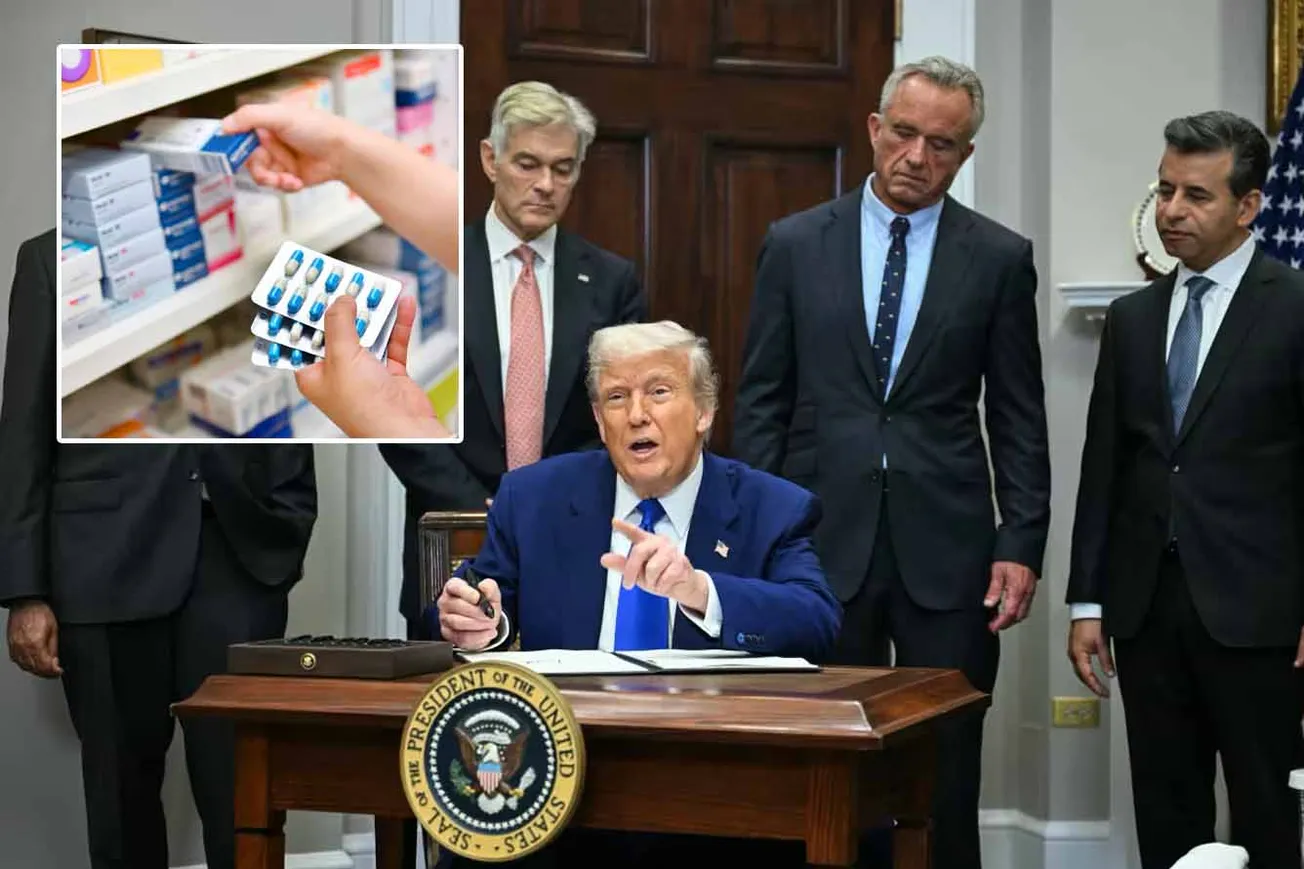

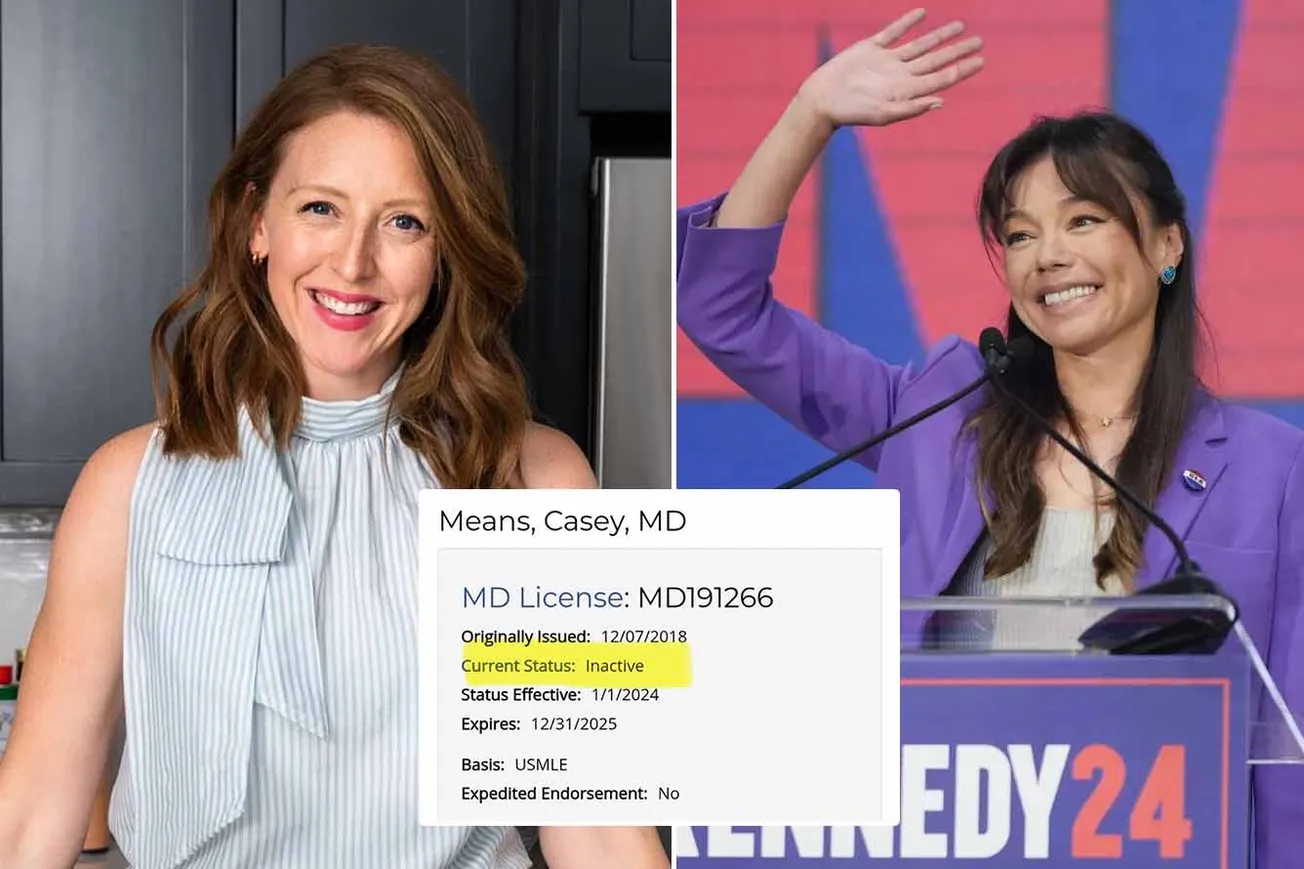

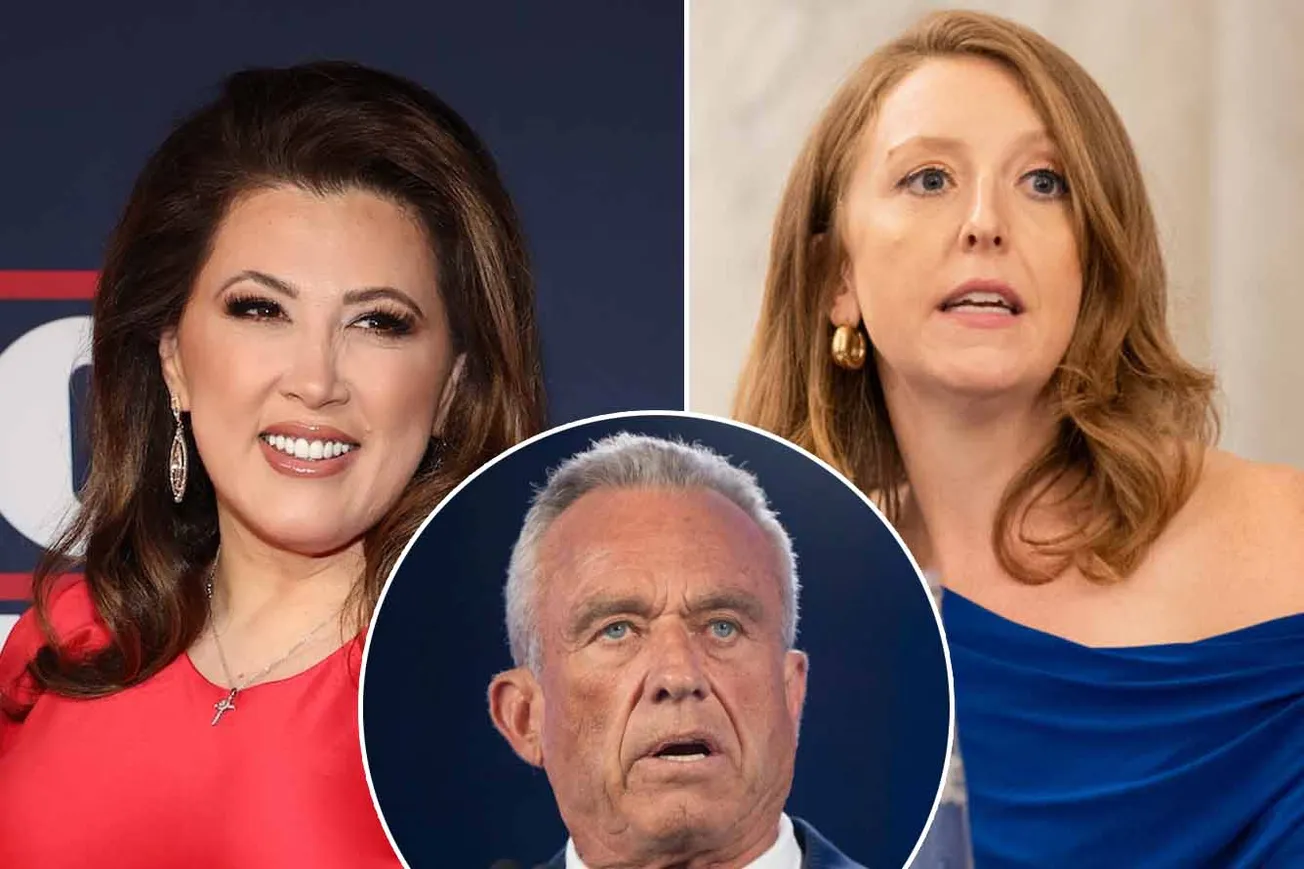

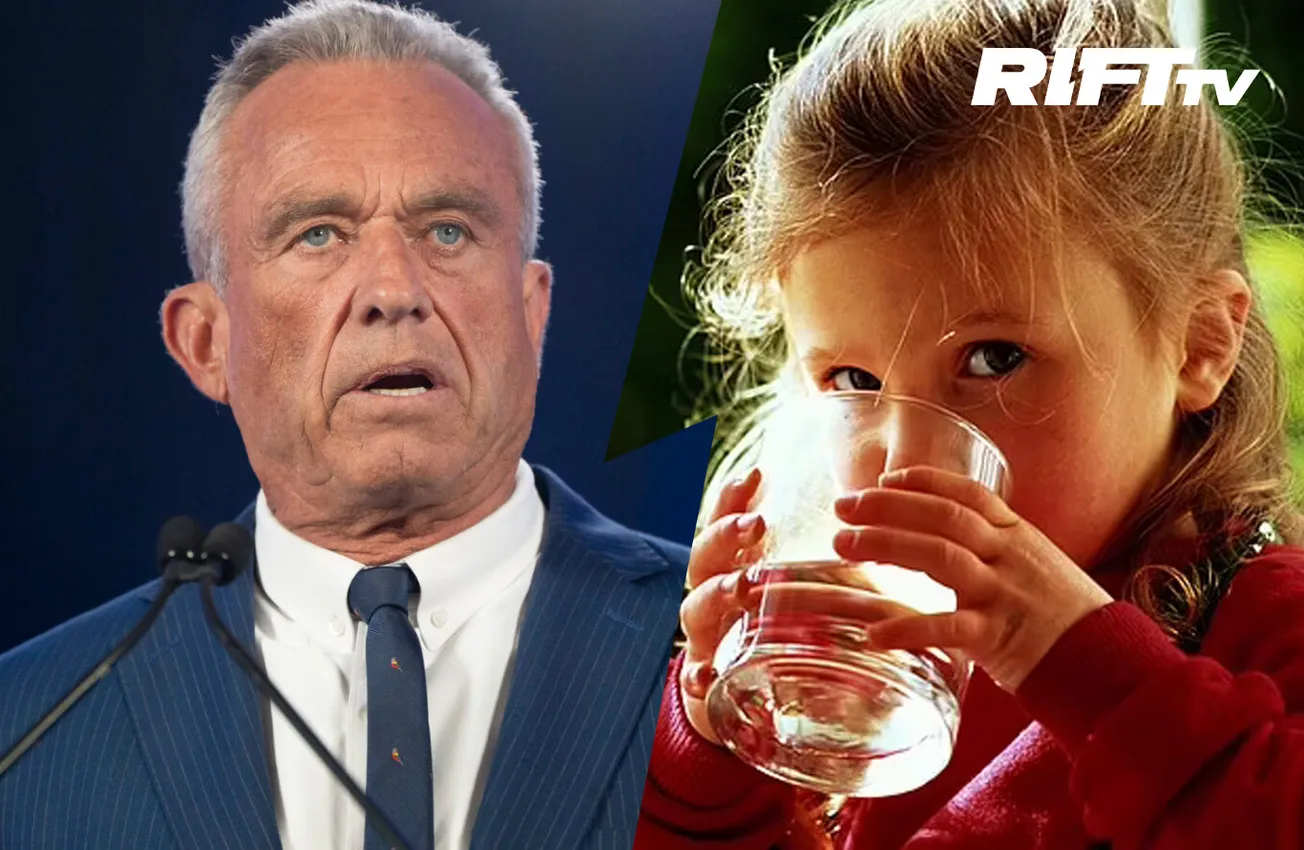


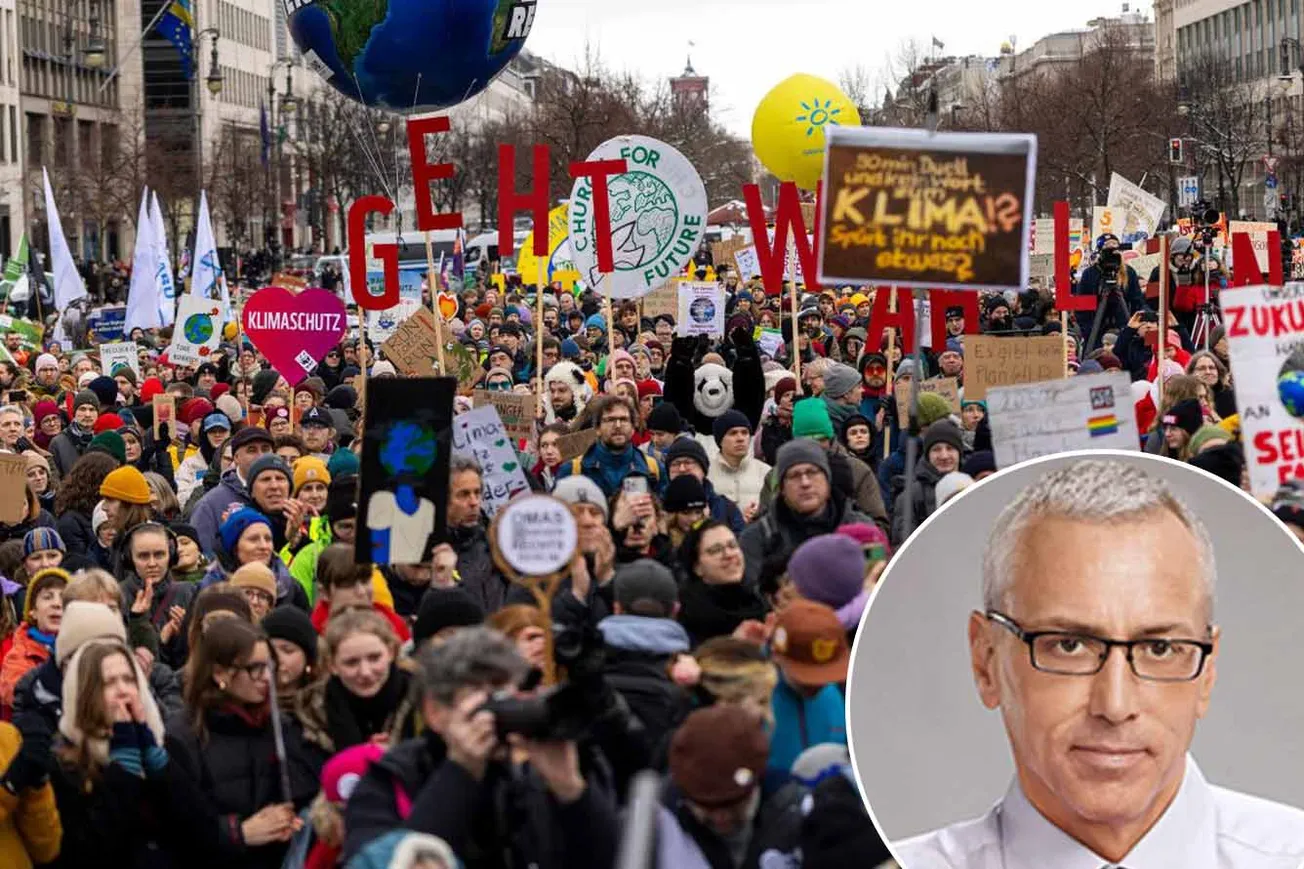
Conversation